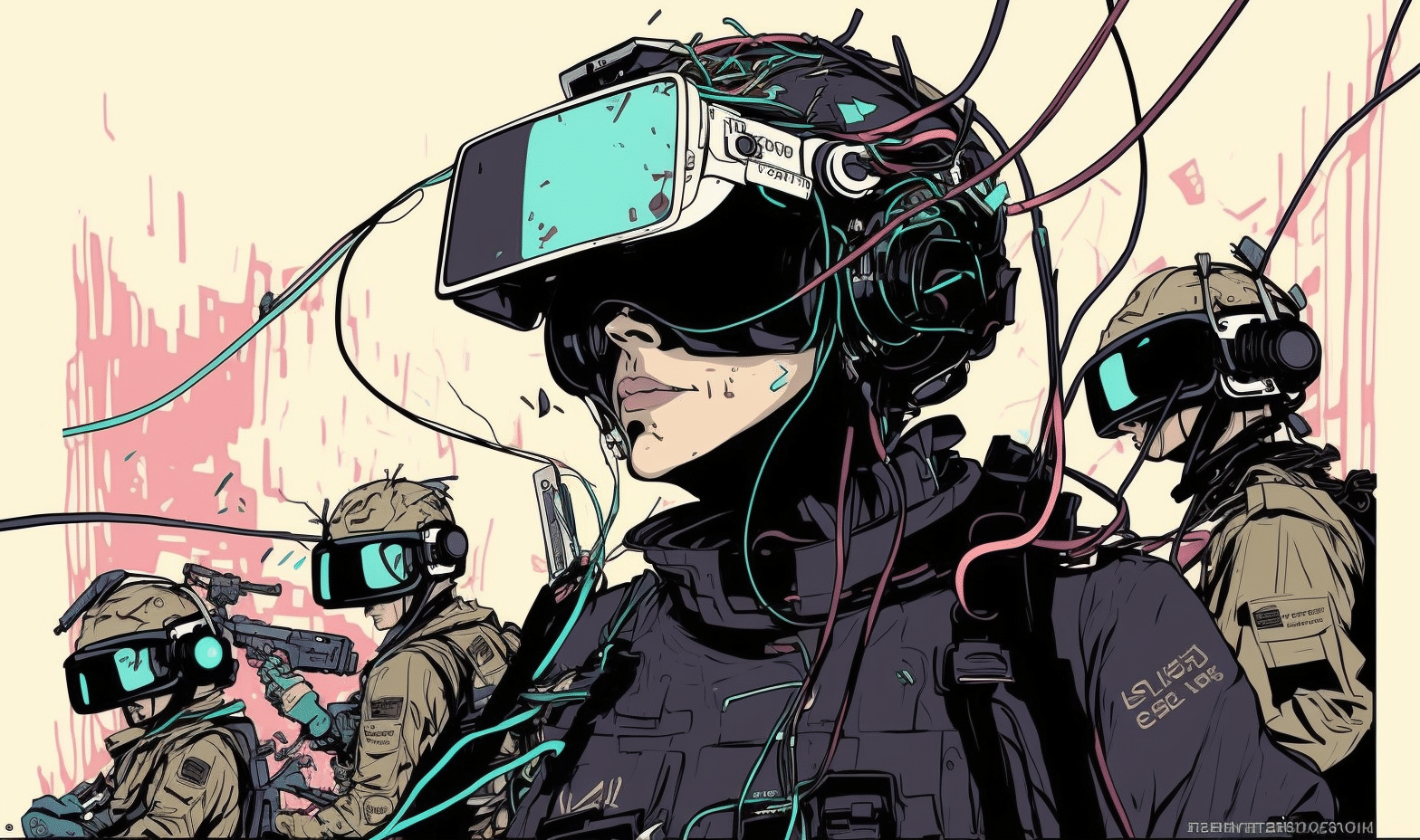The future of the internet is here, and it’s called the metaverse. In this concept, people will be represented by 3D avatars in their online lives. The metaverse is a virtual world that is not yet fully realized, but it’s gaining traction and Interpol is taking notice. The global police agency has built its own virtual reality (VR) space to investigate the potential for crime in the metaverse and to determine how it could be policed.
Interpol Secretary General Jurgen Stock says that it’s important for the agency not to get left behind. Criminals are quick to adapt to new technological tools, and Interpol must be ready to respond. Mr. Stock notes that sometimes lawmakers and police are slow to respond, which can impact trust in the metaverse.
The virtual reality environment created by Interpol is accessed through secure servers and gives police officers a sense of what the metaverse could be like. They can experience the crimes that could occur and understand how they could be policed. It’s a unique way for Interpol to get a head start on the future.
The metaverse is not just a concept, it’s a potential future for the internet. Instead of being on a computer, people might use a headset to enter a virtual world that connects all sorts of digital environments. But because it’s still an idea, there’s no agreed definition of the metaverse.
However, virtual worlds are already here and with them come real-life problems. A BBC investigation in 2022 identified issues surrounding verbal and sexual harassment within VR games, and a researcher’s avatar was sexually assaulted in Meta’s VR platform Horizon Worlds. These problems demonstrate the need for Interpol to investigate the metaverse and how it could be policed.
Defining metaverse crime is a challenge for Interpol. Some crimes that occur in virtual worlds are not yet defined, but they are a threat. For example, there have been reported cases of sexual harassment, but it’s not clear whether they can be classified as crimes. Interpol’s Executive Director of Technology and Innovation, Dr. Madan Oberoi, notes that raising awareness of these problems is a big challenge facing the agency. Interpol wants law enforcement personnel to start using the metaverse and become aware of its potential dangers.
In terms of regulation, Nina Jane Patel, co-founder and head of metaverse research organization Kabuni, says that what is illegal and harmful in the physical world should be illegal in the virtual synthetic world as well. This convergence will make it difficult to determine acceptable human behavior in both digital and physical worlds.
Interpol will be critical in investigating future metaverse crimes. Cybercrime is international by nature and Interpol is needed to tackle these crimes because no country can fight them alone. With a click of a mouse, evidence could be on another continent, and Interpol’s 195 member countries are all needed to fight this type of crime.
The metaverse is a potential future for the internet, and Interpol is determined to stay ahead of the curve. By building its own virtual reality environment, the agency is taking steps to understand the potential for crime in the metaverse and how it could be policed. As virtual worlds become more prevalent, Interpol will be ready to respond and investigate metaverse crimes.
In conclusion, the metaverse is an exciting concept, but it’s also a potential playground for criminals. Interpol is taking notice and preparing itself to police the metaverse. As the metaverse evolves, Interpol will be ready to investigate and regulate crimes in this virtual world. The future is here, and Interpol is ready for it.










